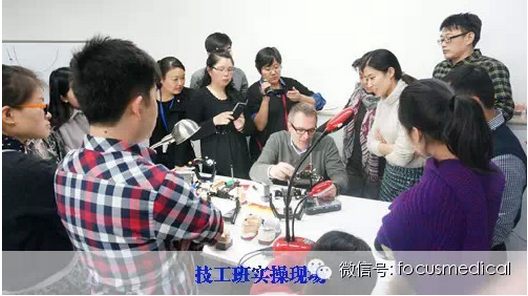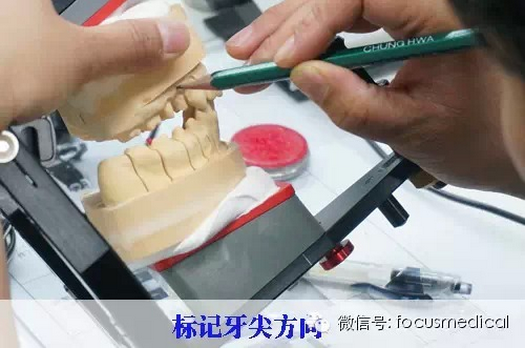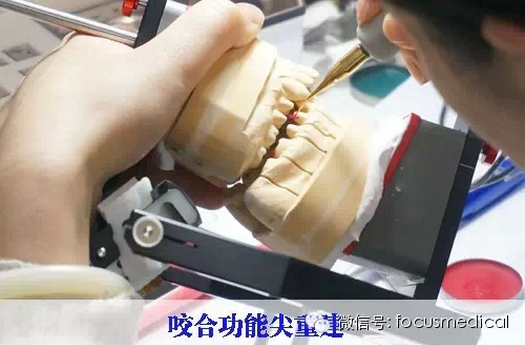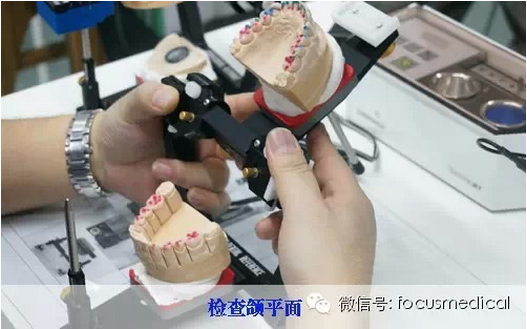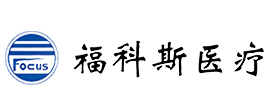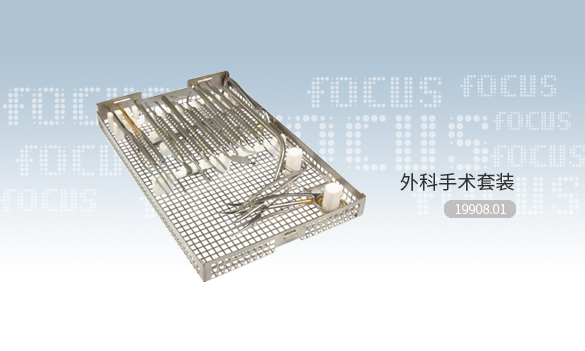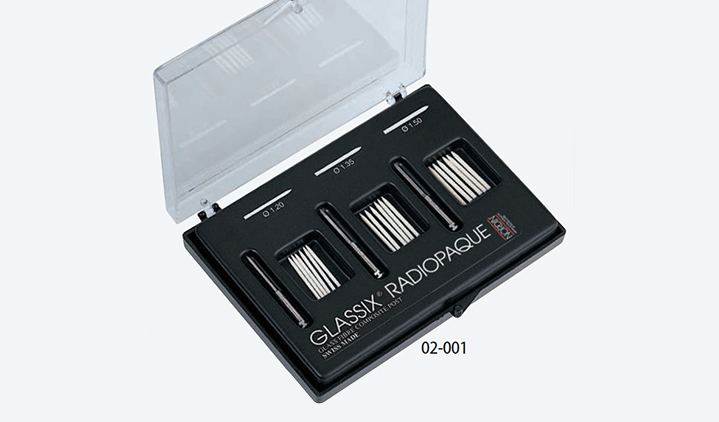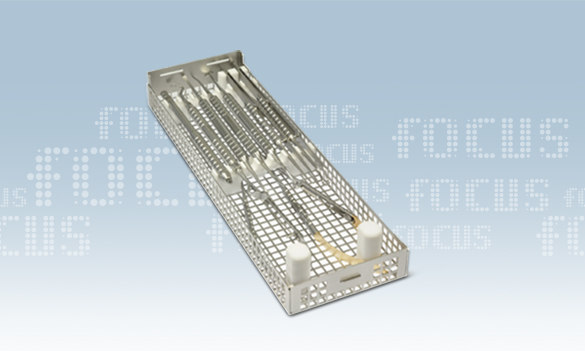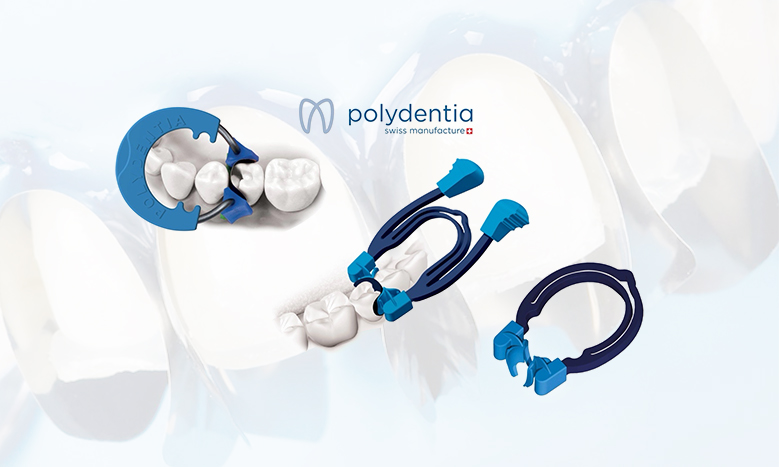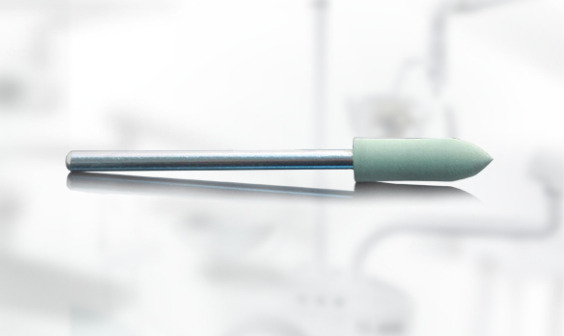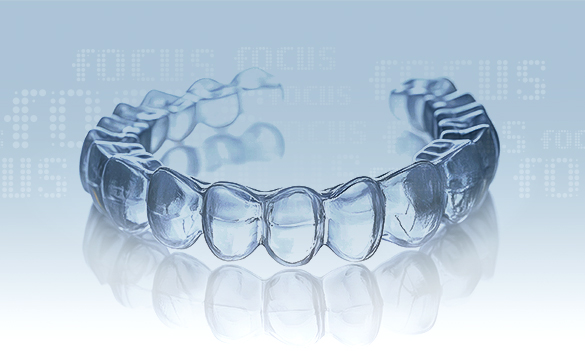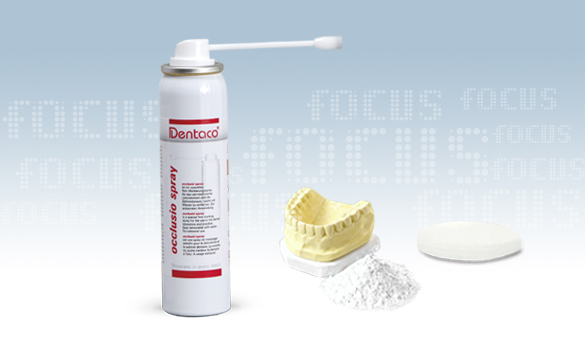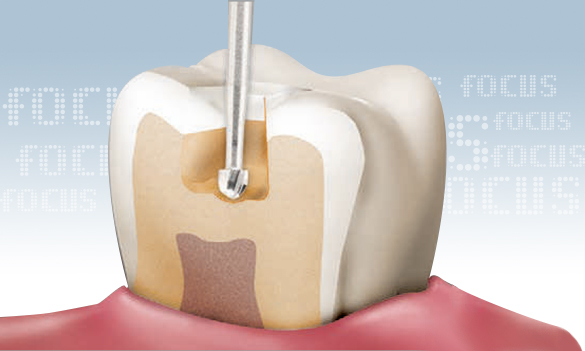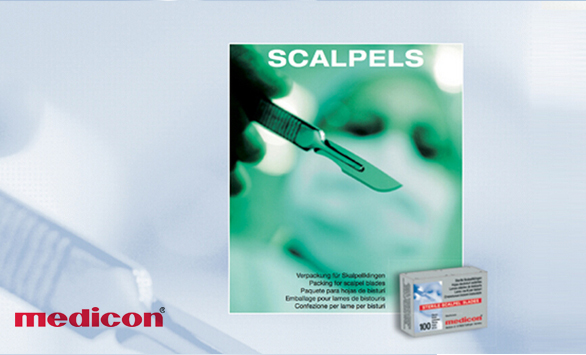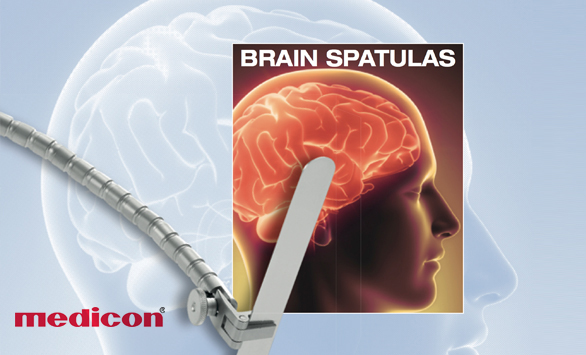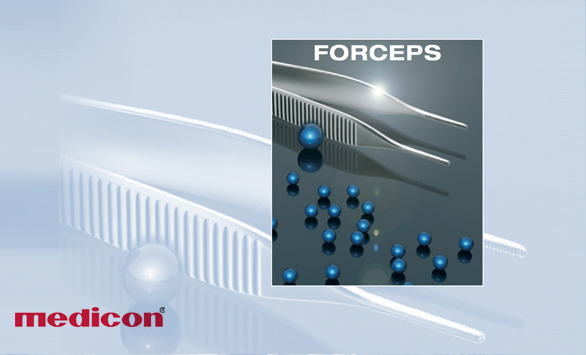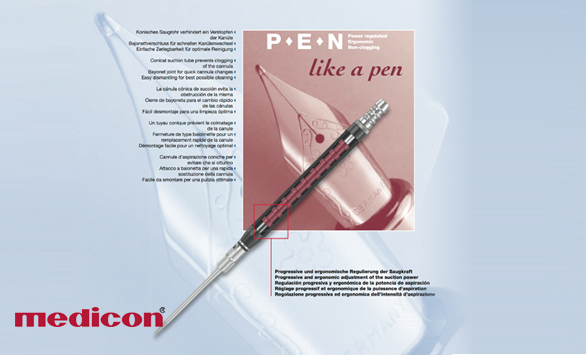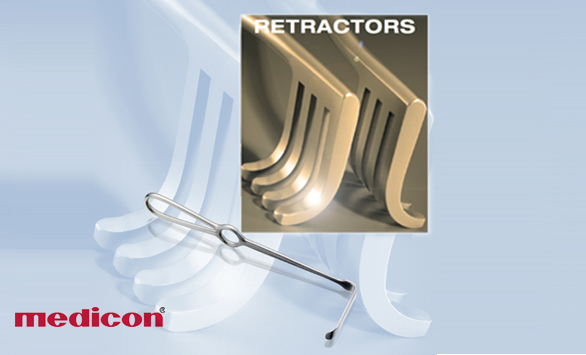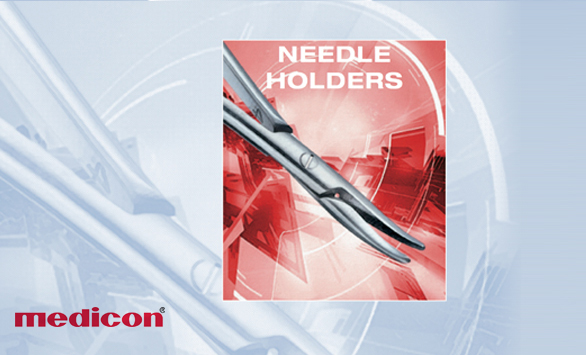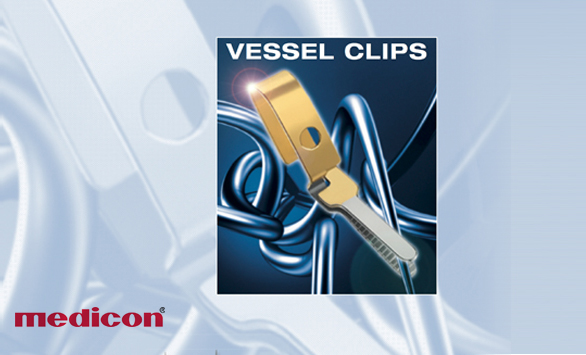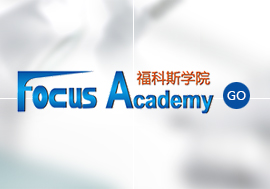第四届口腔跨学科咬合重建学习班
第四届(2016 学年)
当我们把咀嚼器官作为人类机体不可分割的功能部分,咬合的问题就凸显出来了。近年来咬合与其功能的研究被口腔跨学科的研究者所重视,特别在口腔正畸、口腔牙周病、以及种植牙、全口修复重建等。另外,如果想成功实现结果导向的牙合学理念,牙医与技师在平等条件下的密切合作就是必要的前提条件。对此,复旦大学附属口腔医院/上海市口腔医院与奥地利ViennaSchool of interdisciplinary Dentistry -The Slavicek Foundation共同举办第四届口腔跨学科咬合重建学习班(特邀北京优泰克科技有限公司全权组织协助本会议),详情见后。(临床病例诊断和分析的高级临床诊断与治疗计划课程在维也纳进行)
专家介绍
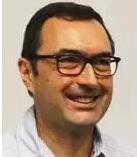
Curriculum Dr. Daniele Togni MSc
从1994年开始与Dr. G. Pedretti紧密合作外科手术,治疗了非常多的种植体复杂修复重建的病例。
从2008年开始与Dr. Monica Casadei合作进行正畸治疗
2011年 被Prof. Slavicek 邀请加入国际学习团队“clubbing forscience”
2012年 成为IAAID的讲师
在维也纳医科大学担任讲师
担任VieSID,维也纳多大学多学科口腔医学院担任讲师
VieSID科学咨询委员会成员
VieSID与维也纳医科大学合办的summerschool的科学咨询委员会成员
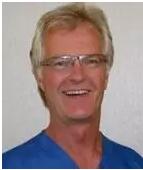
Curriculum Dr. Kim Parlett DDS, MSc
1979年 毕业于多伦多大学口腔外科医生
2004年 在多瑙河大学完成硕士学位
在加拿大安大略省Bracebridge的私人诊所进行全职工作 ,专注研究TMD和咬合重建
是髁突运动和MRI第一篇出版研究的成员
他练习了Slavicek的理念,Prof. Slavicek 指导并辅导他超过30年。
在维也纳医科大学担任讲师
在维也纳大学多学科口腔学院担任讲师
VieSID科学咨询委员会成员
VieSID与维也纳医科大学合办的summerschool的科学咨询委员会成员
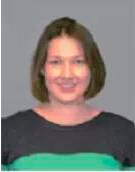
Dr. Anastasia Saltykova
现任Rudolf Slavicek教授的研究研究和科学助理
VieSID牙合学课程临床授课教师
现在奥地利Weber教授人类学研究工作
Dr. Diana Badreddin
俄罗斯库班国立医科大学理学硕士
2007意大利学习Gianfranco Cesaretti医生的牙科神经肌肉学
美国纽约牙科大学学习Michael Gelb医生的夜磨牙、鼾症、睡眠呼吸暂停综合征
2009法国巴黎学习Jean-Marie Landouzy医生的TMJ、诊断、牙科与正骨治疗系统
2008-2010 奥地利Danube大学跨学科牙科硕士
2011-2013 意大利都灵正颌正畸部培训
2013-至今维也纳“咬合创伤”博士在读
授课方式:
1.小班上课,提问式互动教学,医生带自己的技师和典型患者共同在课堂上,分析与治疗方案设计。
2.全程中文翻译。
3.带实际病例分析和操作指导。
上课地点:
复旦大学附属口腔医院/上海市口腔医院
上课时间:
模块A: 12月6日-10日, 2016 (5天)(上海)
模块B: 4月5日-9日, 2016 (5天)(上海)
模块C: 6月16日-29日, 2017 (5天)(上海)
模块D: 待定(上海)
医生班全部费用:
1.本课程为连续渐进式加深的国际标准课程,四期学习需一次缴纳学费14万¥;
2.凡一次性报名4期交纳全部基础课程费用者可提供次年维也纳7月合学研讨会学费;
3.凡读完4期课程仍然不能很好的应用于临床者可免费读下年课程直至完全掌握;
4.凡因任何原因缺课者不提供补习名额,不授予The Slavicek基金会毕业证书;
报名电话: 010-88612600 18611128452
联 系 人: 张璐璐 zhanglulu@bjfic.com
在线报名: www.bjfic.com
第三届技工标准化基础课程
授课方式:
1.小班上课,提问式互动教学,以上内容分A,B,C模块学习,每期均需要通过最终测试,以保证正确的临床和技工操作;
2.全程中文翻译;
3.配套对学员实际病例分析和操作指导课程。
全部费用:
1.三期一次性报名76000¥(包括借用课堂上使用的所有合架\材料\工具)。
2.凡因任何原因缺课者不提供补习名额,不授予Slavicek Foundation毕业证书。
3. 含茶歇、午餐、Party一次。
讲课时间:
模块A: 12月6日-10日, 2016 (5天)
模块B: 04月05日-09日, 2017 (5天)
模块C: 06月16日-20日, 2017 (5天)
目标人群:牙科技师和多学科牙科团队成员
参加人数:为了确保课程深度与质量,参加人数仅限15人。
(牙合)学证书:A,B,C三个模块学习在通过最终测试后,参加人员将被授予VieSID证书“维也纳多学科牙科学院RudolfSlavicek教授方法与技术专家”。
专家介绍:
Stefan Thunert
技工硕士,德国,牙科技师
2000年在德国开设私人技工室
牙科功能与美学技术专家
2001年开始应用Slavicek颌学系统理论
2001年开始在不同国家讲授不同牙科技师领域的课程与讲座
2011年取得奥地利克莱姆斯多瑙大学硕士学位
2014年成为VieSID(维也纳跨学科牙科学院)教学组成员
课程详细介绍: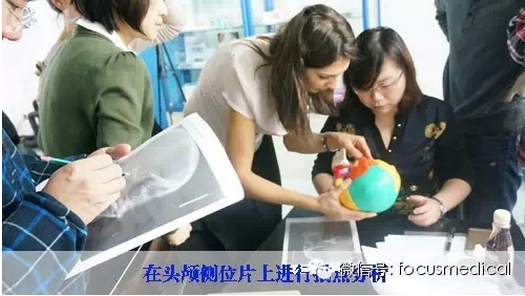
基础课程日程安排:
模块A 牙合学理论基础
时间: 2016.10.13-17
课程:
Structures and Functions 结构与功能
The Cranio-Mandibular System(CMS) 颅颌面系统(CMS)
The Neuro-Muscular System(NMS) 神经肌肉系统
(including muscle vectors包含肌肉向量)
Feedback Control System 反馈控制系统
The Cybernetic system of the masticatory organ (Prof. Slavicek)
咀嚼器官的控制系统
· Elements to consider when analysing occlusion : 咬合分析时需考虑的因素
o Posterior support后退支持
o Anterior control 前伸控制
o Lateral control 侧方控制
o Retrusive guidance后退引导
o Vertical dimension of occlusion (V.D.O.)咬合的垂直向高度(V.D.O )
o Sagittal Condylar Inclination (Translation angle ofthe condyles)
髁突矢状向斜度(髁突滑动角度)
o Transversal Condylar Inclination (Angulation of theBennett movement)
髁突冠状向斜度(贝内特运动的角度)
o Morphologic analysis of the lingual concavity of theupper anterior teeth
上前牙的舌面的形态学分析
o Relative Condylar Inclination相对髁突斜度
o Occlusal plane inclination咬合平面的斜度
o Cusp inclination牙尖斜度
o Curve of Spee Spee曲线
o Curves of Wilson Wilson曲线
· Centric relation正中关系
o Evolution through the ages进化论(随着时间的变化发生的演变)
o Definitions概念
· Reference Position参考位置
Definition 定义
§ Physiologic生理的
§ Deranged 紊乱的
Repartition of skeletal Class I, II and III in a given population (Prof. Slavicek’s study)
人群中,重新分配I,II,III类骨性畸形(R.Slavicek 教授研究)
The “small” clinicalfunctional analysis: “部分”的临床功能的分析
Clinical exam 临床检查
Medical anamnesis 大医学病史
Dental anamnesis 牙科病史
Occlusal index 咬合指数
Chief complaint 主诉
Panoramic X-Ray 全景X射线
T.M.J.imaging: 颞颌关节成像
(Temporo Mandibular Joint)
§ T.M.J. X-Rays taken on panoramic X-Ray machine全景片中的颞颌关节
· What do we really see on T.M.J. x-rays从X片获取T.M.J信息
· Limitations 局限性
§ CT-Scans (When, and limitations)CT扫描(何时进行,有何局限性)
§ M.R.I. (When, and limitations)磁共振成像(何时进行、有何局限性)
(Magnetic resonance imaging)
o Muscular palpation肌肉触诊
§ Masticatory system咀嚼系统
§ Neck颈
§ Upper back上背部
o The 4 minute test: 4分钟测试
§ Why, when and how.原因、时间及如何去做
o T.M.J. palpation颞颌关节触诊
§ Lateral pole侧杆
§ Posterior joint space后部的关节间隙
§ Ligament temporo-mandibulare颞颌韧带
o Mandibular kinematics下颌运动学
o Dento-skeletal evaluation 牙齿骨骼评估
o Evaluation of facial symmetry面部对称性评估
o Occlusograms 咬合图
o Evaluation of occlusion with shimstocks咬合纸测试咬合
o Exact study models: 研究模型分析
Upper split cast上颌模型
Lower Pindex model 下颌模型
R.P. bite registrations R.P.咬合记录
Three techniques 3种技术
Verifying the repeatability of R.P. with an upper split cast model
使用上颌研究模型验证后退运动的可重复性
Bruxcheckers夜磨牙测试
Discrepancy between Reference Position (R.P.) and inter-cuspal position (I.C.P.)
髁突参考位置 和牙尖交错位的差异
参考位置(R.R)
§ Mechanical Condylar Position Measurement (C.P.M.)
机械学上的髁突位置的测量(C.P.M.)
o Resiliency test髁突弹回力测试
o Myo-functional evaluation功能评定
§ Deglutition吞咽
§ Tongue position舌位置
o Periodontal evaluation牙周评估
o Soft tissue evaluation软组织评估
o Primary Brainstem Nerve Analysis主要的脑干神经分析
§ Motor: III, IV, VI, V, VII, XII
§ Sensory知觉的
§ V, VII, VIII
o Chronic Pain 慢性痛
o Stress management精神压力管理
DIAGNOSIS诊断
TREATMENT PLAN治疗方案
Is a Phase I (initial therapy) required? 第一阶段(初步治疗)是否需要?
Phase II therapy (definitive therapy)第二治疗阶段(确定性地治疗)
Selective grinding: 选择性调磨
Indications 适应症
Contra-indications 禁忌症
Firstly done on articulator 最初在牙合架上进行
Hands-on : 模型准备、咬合印迹、触诊、髁突位置测量实操
The « small « functional analysis : “部分 ”的功能分析
Clinical exam (see above), including:临床检查(如下)包括:
· Exact study models:确切的研究模型分析
o Upper split cast 上颌分离模型
o Lower Pindex model 下颌模型
· R.P. bite registrations 参考位置记录
o Three techniques 3种方法
· Verifying the repeatability of R.P. withan upper split cast model
使用上颌研究模型验证参考位置的可重复性
· Mechanical Condylar Position Measurement (C.P.M.)
髁突位置测量(C.P.M.)
Diagnosis 诊断
Treatment plan 治疗方案
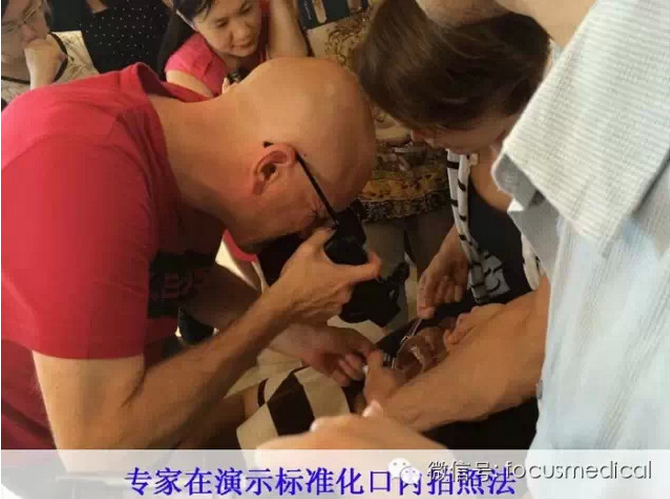
模块B: 牙合学数据记录与数据的初步分析
时间: 2017.1.14-18
课程
Large functional analysis, (plus full documentation):强大的功能分析(+全部文档)
Condylography髁突轨迹描记图
Why? 原因
When?时间
How?方法
Electronic condylography 电子髁突轨迹描记图
How to properly install the hardware 如何正确的安装软件
How to use the software during the collection of the data (see the I.D.A.L.recommended protocol)
如何使用软件收集数据(详见I.D.A.L 使用说明)
Electronic C.P.M. 电子机械髁突位置测量
Basic movements 基础运动
Guided movements 引导运动
Free movements 自由运动
Evaluation of the articular capsule 关节囊评估
Retral stability 横向稳定性
Transversal Induced Motility 横向动度
Functional movements 功能运动
How to register a single reliable R.P. with the aid of the mechanical condylograph
如何借助机械力学髁突描记轨迹仪记录一个可靠地参考位置。
True Hinge Axis face-bow registration真实的铰链轴面弓记录
Transferring the reference plane on the skin (to take ceph X-Ray)
将参考平面转移至皮肤(进行头颅侧位片拍摄)
Cephalometric X-Ray头颅侧位片
Live condylography demonstration (or detailed video presentation to the whole group )
现场髁突轨迹描记示范(或播放视频)
Hands-on, firstpart : 实操,第一部分
Clinical hands-on between participants: 4 groups of 5 participants or 5 groups of 4 participants:参加者间进行操作:4组每组5人,或5组每组4人
Large functional analysis 强大的功能分析
Electronic condylography 电子的髁突运动轨迹描记
Cephalometric X-Ray 人头部测量法的X射线
Lecture 课程:
Interpretationof condylographic data对髁突运动轨迹描记数据的阐释:
Quantity,Quality, Characteristics, Symmetry, Reproducibility, Special findings
数量、质量、特性、对称性、再现性,特殊发现
Examples of typical condylographic tracings of: 典型髁突运动轨迹描记举例:
Neuro-muscular system (NMS) 神经肌肉系统(NMS)
Muscle spasm 肌肉痉挛
Neuro-muscular disorders 神经肌肉紊乱
Cranio-Mandibular System (CMS) 颅颌面系统(CMS)
T.M.J.internal derangements: 颞颌关节内部的错乱
Luxations 脱臼
Reducible 可简化的
Without transversal displacement无横向位移
With transversal displacement 发生横向位移
Non-reducible 不可简化的
Degenerative Joint Diseases 错乱的关节病
Arthrosis 关节病
Arthritis 关节炎
Morphological analysis of the lingual surface of the upper incisors上切牙舌面形态分析
Analysis of the occlusal plane on articulator合架上咬合面的分析
Articulator programming合架设计
Extra and intra-oral photography 口外和口内照片
Photography of the casts 模型摄影
Systematic of case documentation: I.D.AL.documentation protocol病例文档的系统化:I.D.AL.文档协议
Hands-on(cont’d) : 操作
Laboratoryprocedures: 技工室流程
Mounting the upper cast with True Hinge Axis face-bow 通过真实铰链轴的面弓固定上颌模型
Mounting the lower cast in R.P. 在参考位置安装下颌模型
Articulator programming合架操作
Morphologic analysis of the lingual concavity of the upper anterior teeth上前牙舌面的形态学分析
Occlusal plane inclination measured on articulator在合架上测量咬合面的斜度
Interpretation of the condylographic tracings对髁突轨迹描记图的阐释
Quantity, Quality, Characteristics, Symmetry, Reproducibility, Special findings
数量、质量、特性、对称性、可重复性、特殊发现
Diagnosis诊断
Treatment plan治疗方案
Extra and intra-oral photography 口内外照相
Photography of the casts 模型摄影
Case documentation病例记录
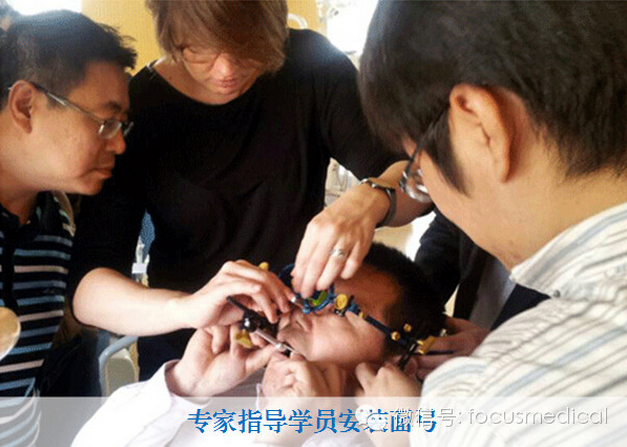
模块C:综合诊断与分析
时间: 2017.4.1-5
课程:
Interpretation of condylography (more detailed)对髁突运动轨迹描记更详尽的阐释
Interpretation of tracings:图形阐释
Quantity, quality, characteristics, symmetry, special findings
数量、质量、特性、对称性、特殊发现
Hyper-mobility 过度移动性
« loose ligaments 韧带松弛
Hypo-mobility 动度降低
Limitations 局限性
Muscular 肌肉
Intra-capsular 关节囊内部
Pain疼痛
Internal derangements 囊内功能紊乱
Reducible luxation 可复性盘移位
Non-reducible luxation 不可复性盘移位
Acute 急性的
Chronic 慢性的
Ankylosis 关节强直
Degenerative joint diseases 关节紊乱
Arthrosis, 关节病
Arthritis 关节炎
Time curves 时间曲线
Translation-rotation 转动运动
Super-imposition of tracings: 过度重叠的曲线
Protrusion-mediotrusion-opening 前伸-近中移动-开口
Phonetics-protrusion 发音-前伸
Deglutition-protrusion 吞咽-前伸
Protrusion-bruxism 前伸-磨牙症
Bruxism on the protrusion tracing 磨牙症的前伸轨迹图
Retral bruxism磨牙症的后退运动
Bruxism in compression 压力下的磨牙症
Bruxism in distraction 干扰下的磨牙症
Computerized cephalometry数字化头影测量
Digitizing the cephalometric points 头影测量数字化定点
Interpretation of the cephalometric analysis 数字化头影测量分析详释
Vertical dimension of occlusion咬合的垂直距离
Compensating mechanisms补偿机制
Cephalometric analysis 头影测量分析分析
Add the protrusive tracing on the ceph.在头影测量分析中加入前伸轨迹
Interpretation of the cephalometric analysis:头影测量分析数据详释
Vertical 垂直向
Occlusal plane angulation and relative condylar inclination
咬合平面倾斜度和相对髁导斜度
Dis-occlusion angle and cusp inclination 分离咬合斜度及尖牙斜度
Angulation of the incisors 切导斜度
Compensating and decompensating mechanisms:补偿及代谢失调机制
Dento-alveolar 牙-牙槽骨
Vertical dimension 垂直距离
Intra-articular关节内部
Occlusal plane 咬合平面
Hands-on: 操作
§ Condylography, plus full documentation髁突运动轨迹及全文档记录
§ Interpretation of tracings:对轨迹图的阐述
§ Computerized cephalometry 数字化头影测量
o Digitizing the cephalometric points数字化头影测量定点
§ Interpretation of the cephalometric analysis对头影测量分析的阐释
§ Vertical dimension of occlusion咬合的垂直距离
§ Dento-alveolar analysis牙齿-牙槽骨分析
§ Occlusal plane 咬合平面
§ Functional evaluation功能评估
§ Compensating/decompensating mechanisms补偿及代 谢失调机制
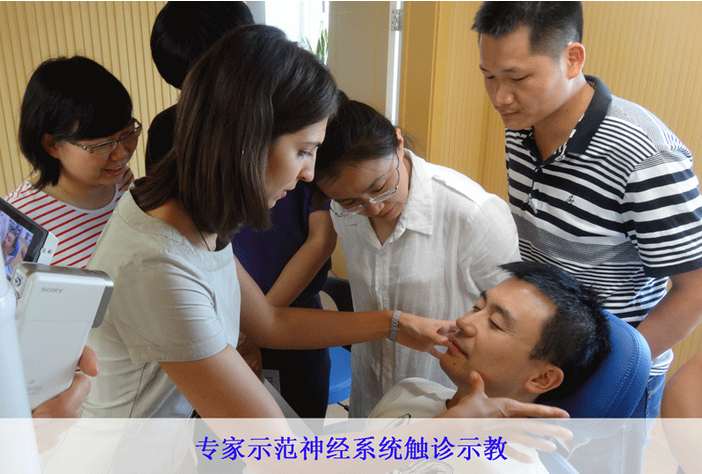
模块D: 初始治疗计划
时间:2016.9.22-26
课程:
Revision of the first modules 对第一模块的回顾
Including condylographic interpretation 包括对髁突运动轨迹描记的阐释
Phase I therapy for neuro-musculardisorders:对神经肌肉失调的第一阶段的治疗
Neuro-muscular disorders 神经肌肉失调
Clinical signs 临床症状
Options for therapy 治疗的选择
Type of splint therapy: 夹板治疗的类型
Emergency splint 急诊颌垫
R.P. splint 颌垫的参考位置
Biofeedback splint 颌垫的生物学反馈
Neuro-muscular, with or without decompression 神经肌肉是否带减压功能
Verticalization splint 垂直向夹板
Frequence of controls and adjustments 控制及调整的频率
Phase Itherapy for reducible joint luxations:可减少的关节盘移位的第一阶段的治疗:
§ Therapeutic postions:治疗的位置
§ Type of splint therapy:颌垫治疗的类型
o Emergency splint 急诊颌垫
o Arbitrary therapeutic position治疗位置
· Without condylography 无髁突运动轨迹描记
· Disadvantages 缺点
§ With condylography 带无髁突运动轨迹描记
· Advantages 优点
o Verticalization splint 垂直向夹板
o Frequence of controls and adjustments 控制及调整的频率
Phase Itherapy for non-reducible joint luxations 对不可复的关节移位第一阶段的治疗
§ Non-reducible joint luxations 不可减少的关节脱臼
o Acute 急性的
§ Clinical signs临床症状
§ Treatment options治疗选择
o Chronic 慢性的
§ Clinical signs临床症状
§ Type of splint therapy:夹板治疗的类型
Emergency splint 紧急的夹板
Arbitrary therapeutic position 任意的治疗位置
With condylography 带有无髁突运动轨迹描记
Decompression splint 减压的夹板
Verticalization splint 垂直的夹板
Frequence of controls and adjustments 控制及调整的频率
Phase Itherapy for degenerative joint diseases关节退行性变的第一阶段治疗
§ Degenerative joint diseases关节退行性变
o Arthrosis关节病
o Arthritis 关节炎
§ Treatment options治疗方案的选择
§ Type of splint therapy:牙合垫治疗的类型
Emergency splint 急诊牙合垫
Arbitrary therapeutic position 任意的治疗位置
With condylography 经髁突运动轨迹描记分析
Decompression splint减压牙合垫
Verticalization splint 增高牙合垫
Frequence of controls and adjustments 控制及调整的频率
Hands-on: 操作
Condylography 髁突运动轨迹描记
Plus full documentation 文档输入
Diagnosis 诊断
Phase I therapy (treatment plan, Phase I)第一阶段的治疗(治疗方案、第一阶段)
往届技工班回顾:
